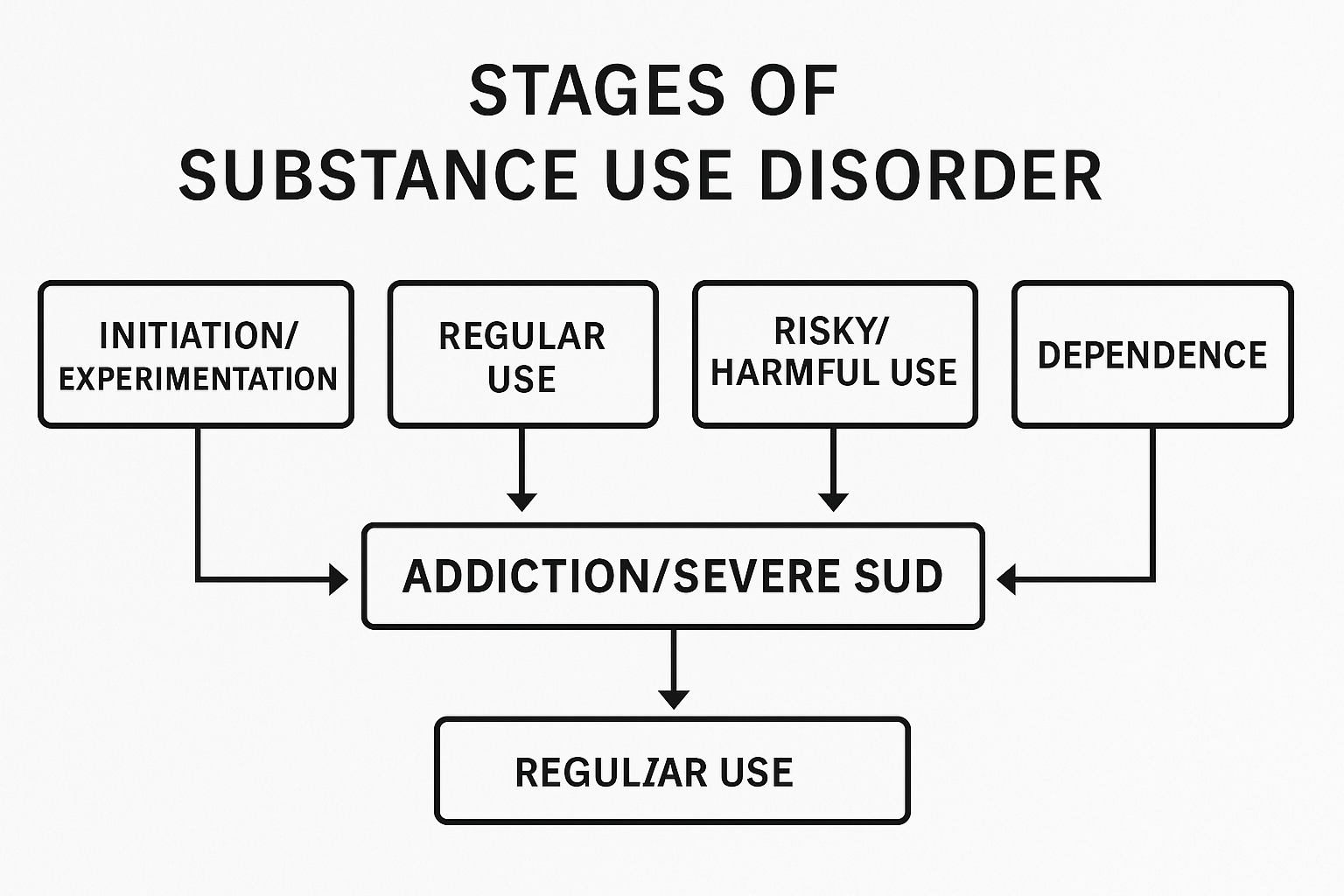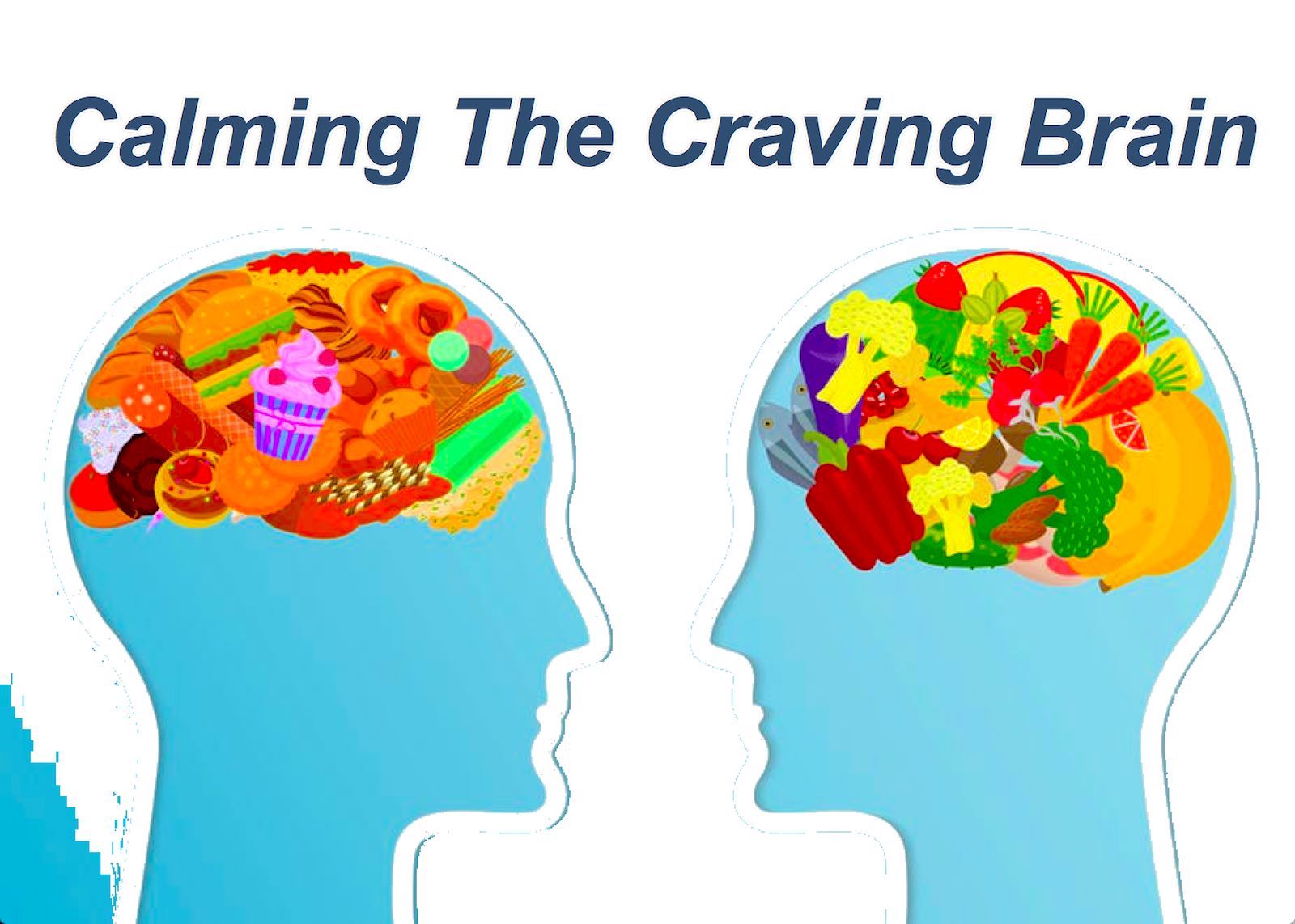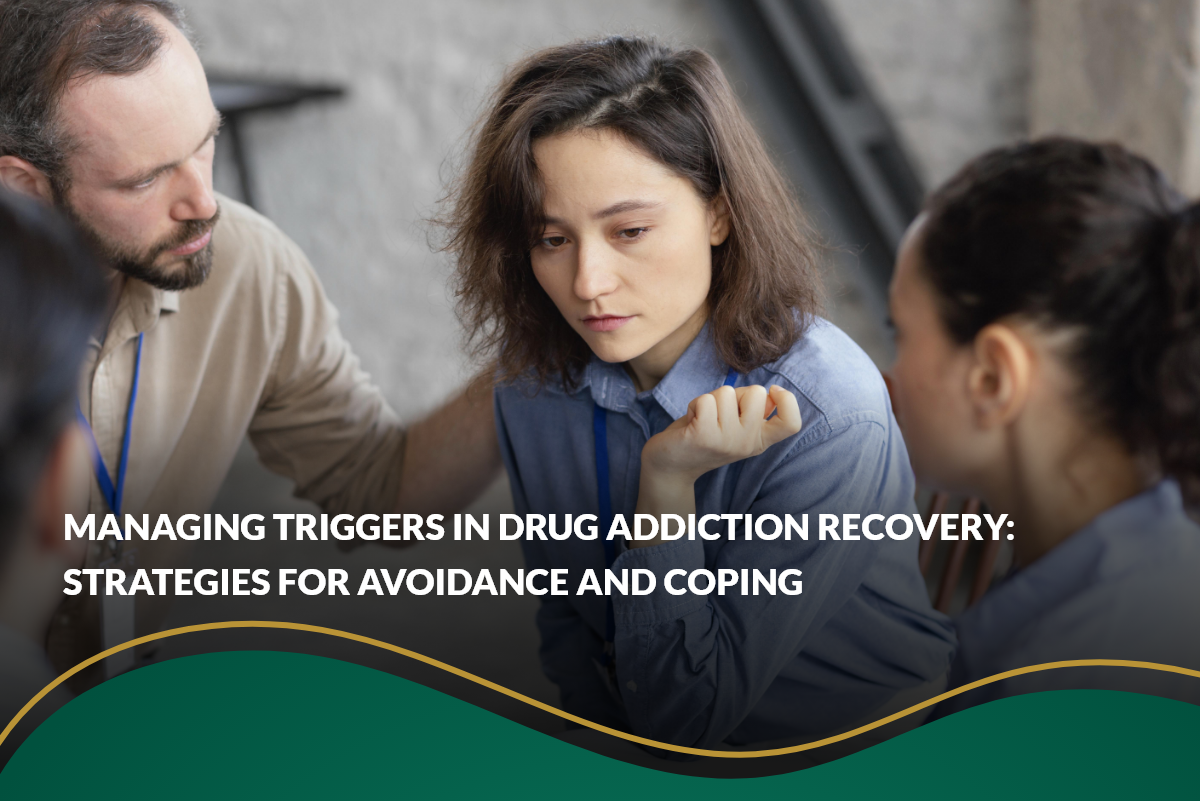History Of Heroin
Heroin is a drug that’s been shaping history for over a century, and its story is pretty eye-opening. From its beginnings in a chemistry lab to its reputation today, heroin has gone through many phases. It’s been seen as a pharmaceutical breakthrough, an illegal street drug, and the fuel for countless debates about medicine, addiction, … Read more









